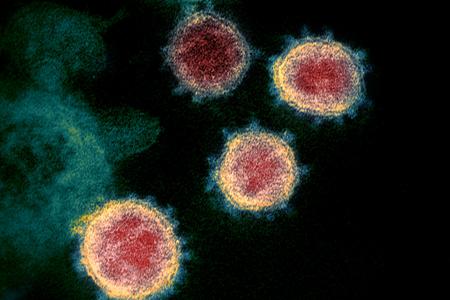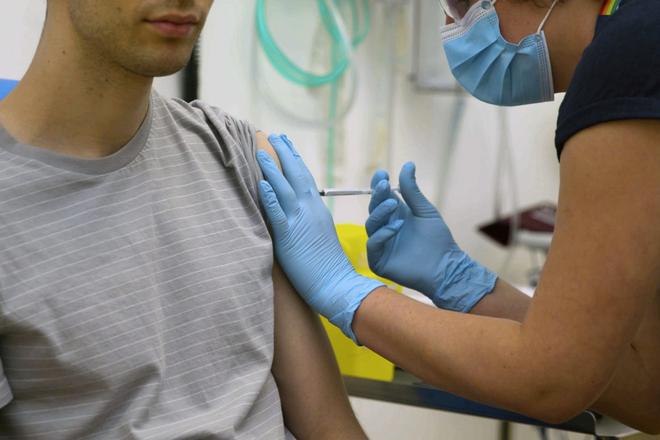Our paywall policy:
The Slovak Spectator has decided to make all the articles on the special measures, statistics and basic information about the coronavirus available to everyone. If you appreciate our work and would like to support good journalism, please buy our subscription. We believe this is an issue where accurate and fact-based information is important for people to cope.
Less than one-half of people would be vaccinated against the novel coronavirus if such a vaccination were available.
This stems from an April poll carried out on 1,000 respondents by the MNFORCE agency and the Seesame PR agency, in cooperation with the Institute for Sociology and Institute for Research in Social Communication of the Slovak Academy of Sciences (SAV).
While 40.9 percent would let themselves be vaccinated, about 27.9 percent would refuse such an option.
“Almost one-third of respondents (31.3 percent) did not know an answer to the question as to whether they would take the vaccine regardless of their belief in conspiracy theories on the virus' origin,” said Barbara Lášticová from the Institute for Research in Social Communication, as quoted by the TASR newswire. She added that the reason may be that they do not consider it an immediate threat. “Conspiracy theories and hoaxes offer certainty to people in uncertain times since they offer a definite explanation.”
People threatened with virus support vaccination
This might have been the reason why the highest share of those willing to be vaccinated was among respondents who believe that the virus was accidentally transferred from an animal to a person, and so they do not believe hoaxes about its origin, Lášticová noted.
These respondents can be more certain of new scientific achievements, she added.

The poll suggests that respondents who feel more threatened by the coronavirus are more likely to be vaccinated.
The biggest portion of those who oppose potential vaccination said they believe the vaccine could cause more problems than the coronavirus (26.4 percent) or they do not think a vaccine could actually help (22.5 percent).
Less trust means less strict measures
The poll surveyed the respondents’ trust in the institutions in terms of the coronavirus crisis.
The respondents trust health care the most, with almost three-quarters choosing this option. Only 8 percent of respondents do not distrust it.
About two-thirds of respondents trust scientific institutions, while also trust in the army (62.4 percent) and the central crisis staff (62.3 percent) is high. People are polarised the most by the government and prime minister, but almost half of respondents said they trust them.
“An important discovery is that respondents who trust institutions less follow epidemiologic measures less,” Marianna Mrva of the Institute for Sociology told TASR. “They limit their contact less and wear a mask less often than those who trust institutions.”
Trust in institutions like police, health care, army and scientific institutions increases with age, she added.



 Illustrative stock photo (source: AP/TASR)
Illustrative stock photo (source: AP/TASR)